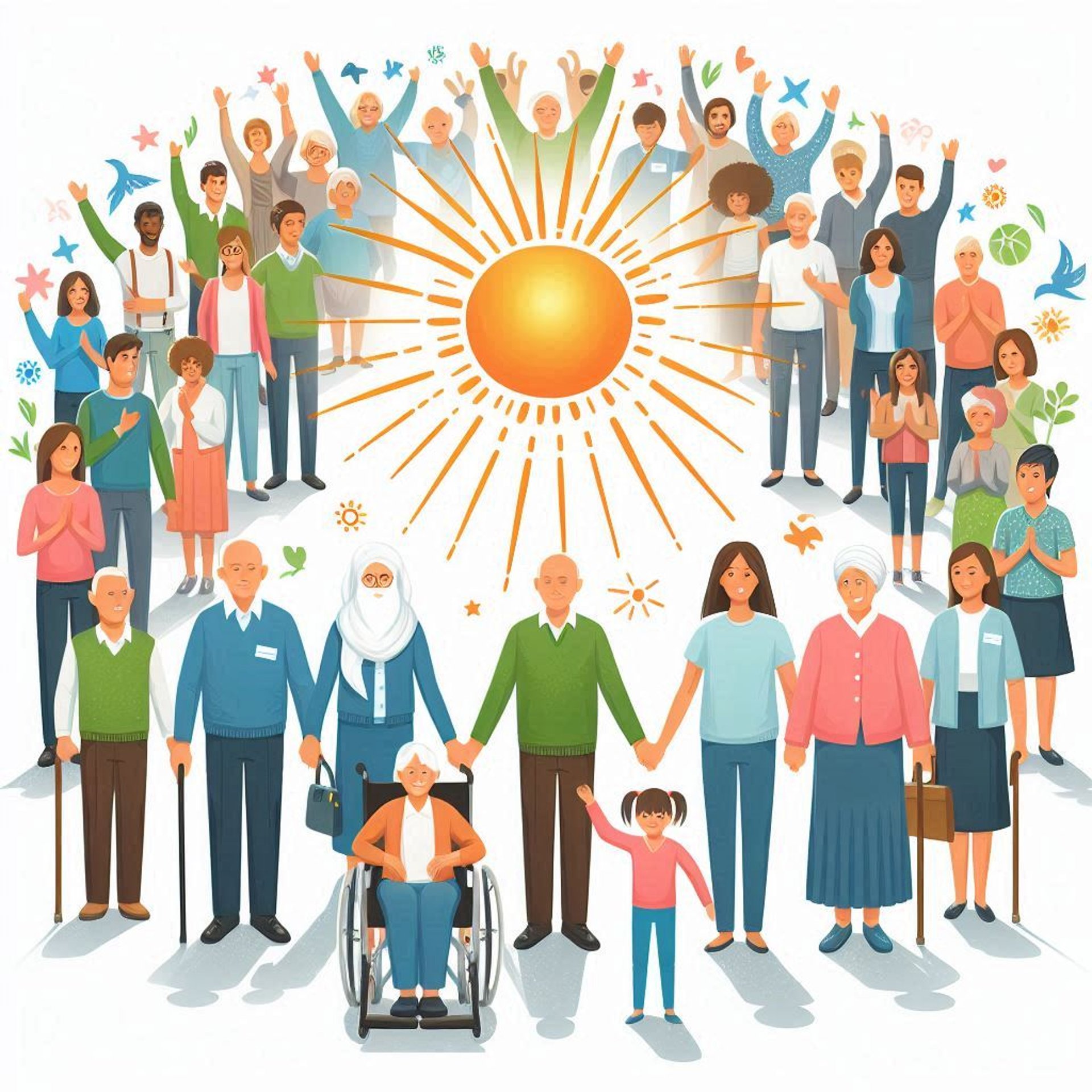Medicaid
Know about Medicaid plan
8/31/20241 min read

What is Medicaid?
Medicaid is a state-administered program that offers health coverage to various groups of individuals:
Low-Income Adults: In some states, Medicaid covers all low-income adults below a certain income level.
Children: Medicaid ensures that children from low-income families have access to essential healthcare services.
Pregnant Women: Expectant mothers can receive prenatal care and delivery services through Medicaid.
Elderly Adults: Medicaid provides support for seniors, especially those with limited financial resources.
People with Disabilities: Individuals with disabilities can access necessary medical care.
Each state manages its own Medicaid program, so eligibility requirements can vary.
Medicaid Benefits:
The federal government mandates that states provide certain medical benefits to eligible Medicaid recipients. These include:
Hospital Visits and Stays: Coverage for inpatient hospital care.
Doctor’s Office Visits: Access to primary care physicians.
Prenatal Care and Delivery: Ensuring healthy pregnancies.
Nursing Home Services: Support for long-term care.
Home Health Services: Assistance for those who need care at home.
Early Childhood Screenings: Vital for children’s health.
Emergency Medical Transportation: Ensuring timely access to emergency care.
Eligibility and Enrollment:
Eligibility: Since Medicaid is managed by each state, the specific requirements depend on where you live. Income thresholds, family size, and other factors play a role.
Enrollment: To enroll in Medicaid, you’ll need to apply through your state’s Medicaid agency. They’ll guide you through the process.
UnitedHealthcare Dual Complete Plans:
These plans are available to individuals who qualify for both Medicaid and Medicare. They offer comprehensive coverage, including medical assistance and Medicare benefits.
Remember, benefits, premiums, and co-payments may change annually.
Nurse Hotline Disclaimer:
If you have health-related questions, remember that this service isn’t for emergencies. In urgent situations, call 911 or visit the nearest emergency room.
Support
Connect
nandhinibt49@gmail.com
